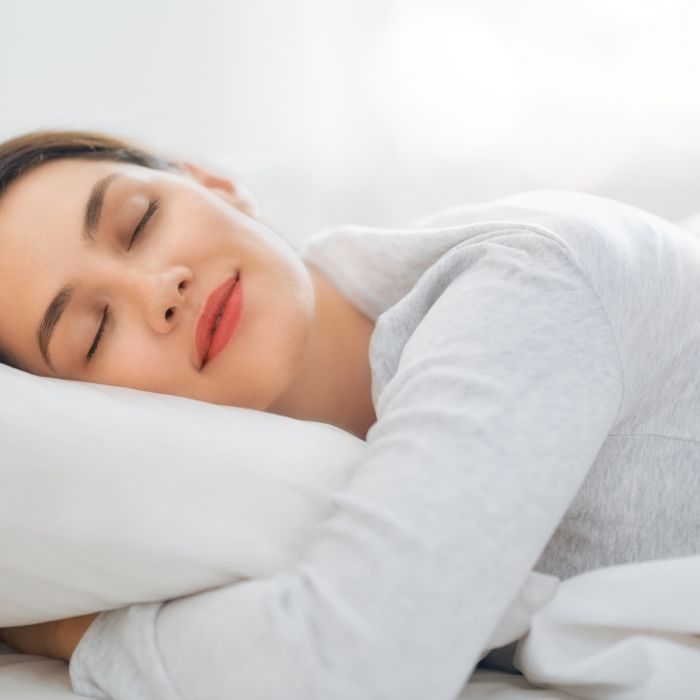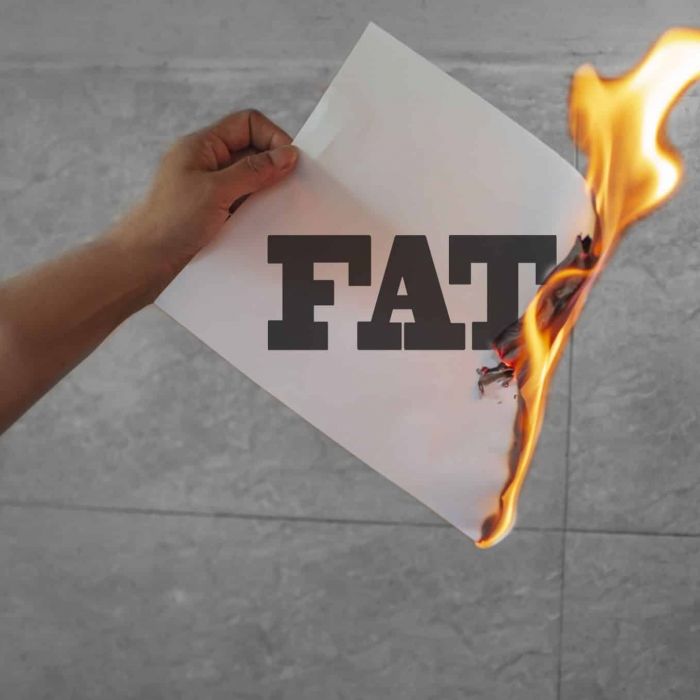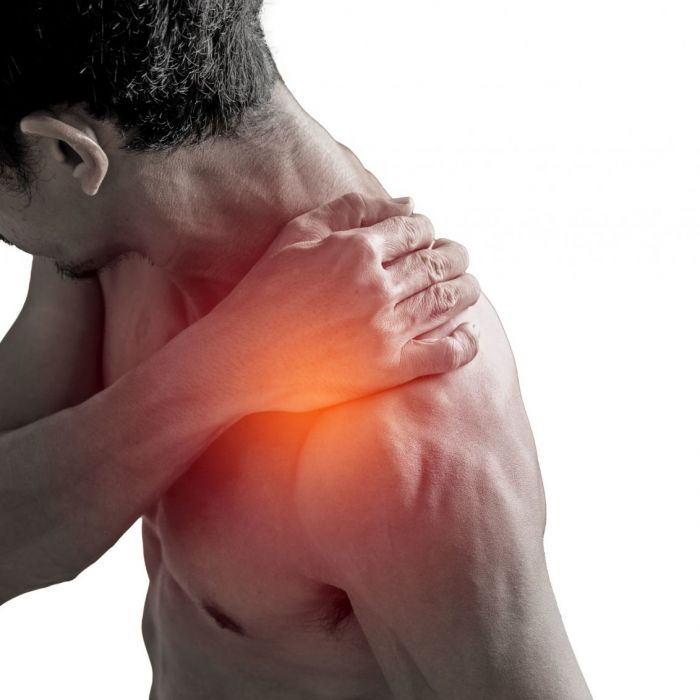If caffeine is a “necessity,” if daily functioning depends on it, that’s just like being dependent on a drug.
That’s not say you should never have a cup of coffee, because it’s okay to have a coffee every now and then. But if you HAVE to have that coffee just to get through the day, a person could be on their way to some genuine problems.
If that’s the case, your adrenal glands are probably over stimulated. If the adrenals are pushed too far, one can go from that high stress feeling to total exhaustion.
If one continues to artificially stimulate the adrenals for a long period, it forces them to produce too much of the stress hormones, like cortisol and adrenaline, to the point where they will eventually burn out. It will require more and more caffeine to produce the same effects until the tolerance is completely gone.
If someone is temporarily stimulating the body long enough, chronic fatigue will ensue. It also has effects on sleep cycle and weight gain.
Caffeine is a stimulant that gives a false sense of increased energy. It helps you get through the days with inadequate sleep, and since it reduces the depth of sleep, abusing it can start a vicious cycle.
It fuels overeating behaviors because people that regularly consume caffeinated beverages often mistake caffeine withdrawal symptoms such as shakiness, headaches, and lightheadedness for hunger.
If you are a regular coffee drinker and want to quit, be aware that it takes 4 to 5 days for the caffeine withdrawal headaches to disappear. Decaffeinated coffee may also be risky as the chemical substances used to remove the caffeine may be hazardous. It has also been associated with rheumatoid arthritis, possibly due to the caffeine-removing additives. It’s probably safer to choose a water-processed (nonchemical) decaf.
There are some good qualities to coffee, though. It comes from a dark colored bean, which gives it beneficial antioxidants, minerals, and phytochemicals. But these same compounds can also be obtained from blueberries, peas, lentils, soybeans, and sunflower seeds.
Since caffeine is a drug, not a food, its beneficial qualities would be better obtained naturally in the diet.
Coffee can be both good and bad. But like most drugs, it might have some benefits, but its toxic effects and resulting risks may outweigh those advantages.








